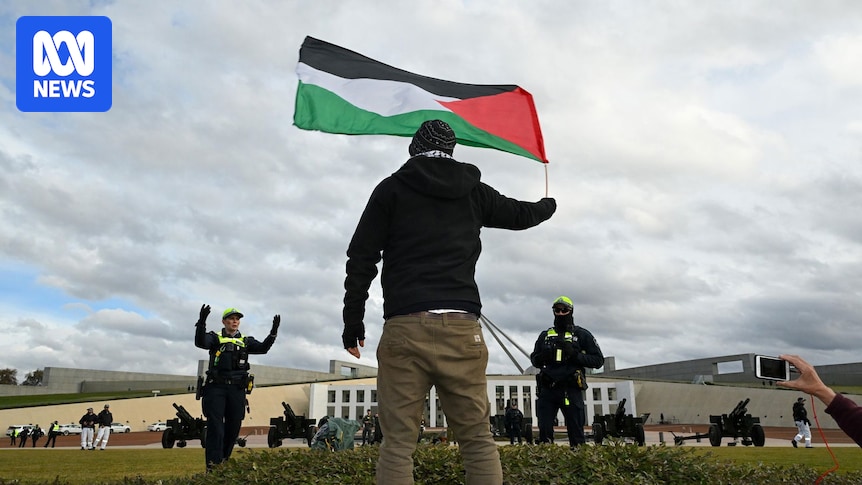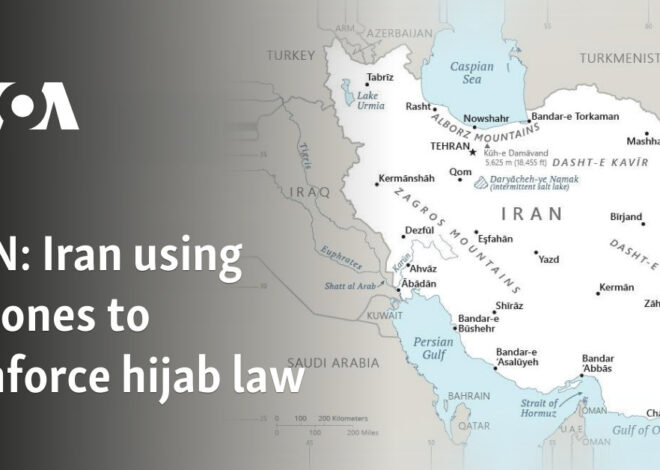
Can Recognizing Palestine Pave the Way for a Two-State Solution Amid Ongoing Violence in Gaza?
International Concerns Over Gaza
As the Israel Defense Forces intensified their airstrikes on densely populated areas of Gaza City over the weekend, the commitment to a two-state solution appeared increasingly futile at the United Nations.
Israeli officials, including far-right Finance Minister Bezalel Smotrich, expressed skepticism regarding the viability of a Palestinian state, framing the Gaza Strip as a potential “real estate bonanza”.
Prime Minister Benjamin Netanyahu made it clear: “There will be no Palestinian state.”
Global Support for Palestinian Statehood
The recent endorsements from Australia, the UK, Canada, and other nations in favor of recognizing a Palestinian state raises questions about the actual impact of these declarations.
Only months ago, such support seemed unlikely. Yet, in a world “without the United States,” countries are striving to apply pressure on both Israel and the US to cease military operations in Gaza.
This push for recognition appears to be an effort to keep the two-state solution, albeit on life support, alive.
The Wave of Recognition
Last week, the UN General Assembly voted 142 to 10 in favor of affirming Palestinian rights, marking a significant step in international support.
This declaration outlines the responsibilities of all parties in the quest for a lasting peace.
Prime Minister Anthony Albanese and Foreign Minister Penny Wong emphasized that Australia’s recognition of Palestine is part of a coordinated international effort targeting immediate ceasefires and the release of hostages.
Palestinian Authority Accountability
The Australian government stipulated that the Palestinian Authority (PA) must recognize Israel’s right to exist, commit to democratic reforms, and distance itself from Hamas.
Further actions, such as establishing diplomatic relations and diplomatic missions, will depend on the PA’s progress on these commitments.
Implications for Israel
The signatories of the New York declaration aim to convey that international tolerance towards Israel’s actions is waning. Recent global outcries have translated into tangible actions such as trade sanctions and calls for cultural boycotts against Israel.
The push for a Palestinian state could serve to increase pressure on Israel, signaling that the international community is serious about holding it accountable for its actions.
Conclusion
The ongoing conflict in Gaza continues to raise complex international questions regarding peace and governance. The recognition and support for the state of Palestine signify a shift in global attitudes, with an increasing number of nations calling for meaningful change. The hope is that this will pave the way for a renewed dialogue aimed at achieving a sustainable two-state solution.
Laura Tingle is the ABC’s global affairs editor.
Published: 2025-09-21 13:03:00 | Source: www.abc.net.au


